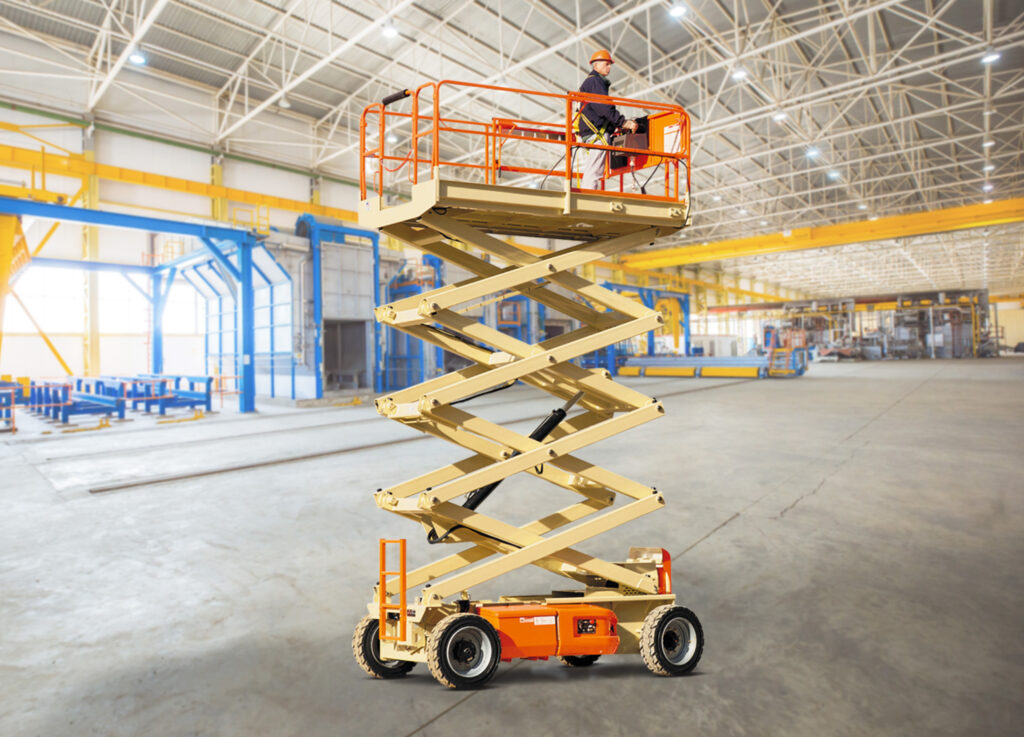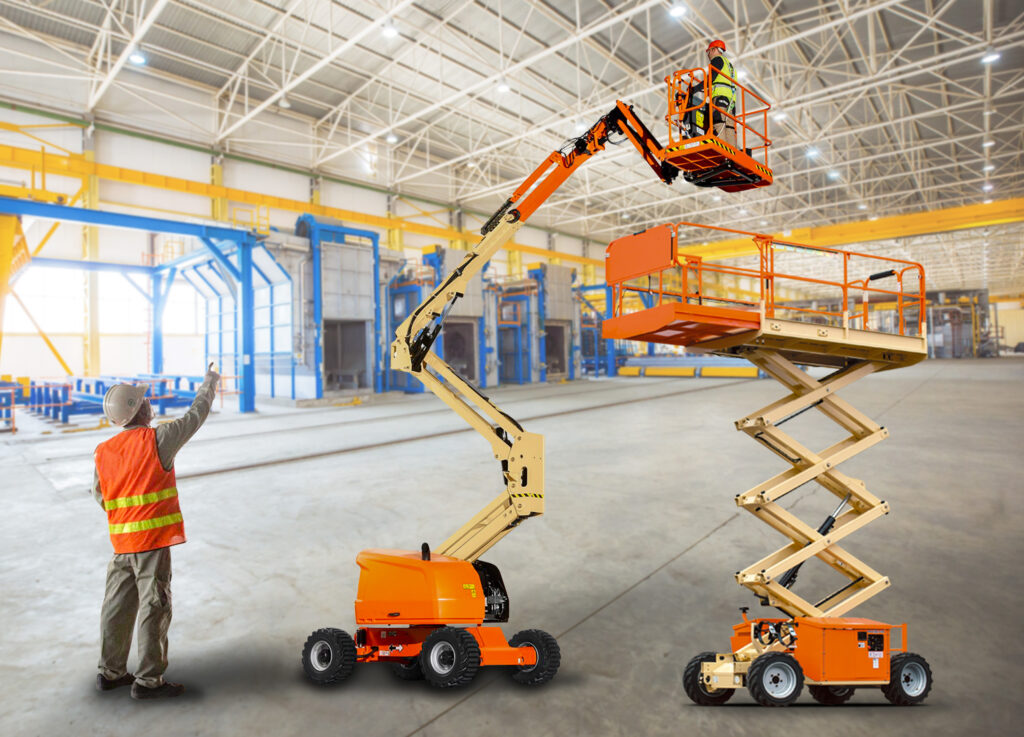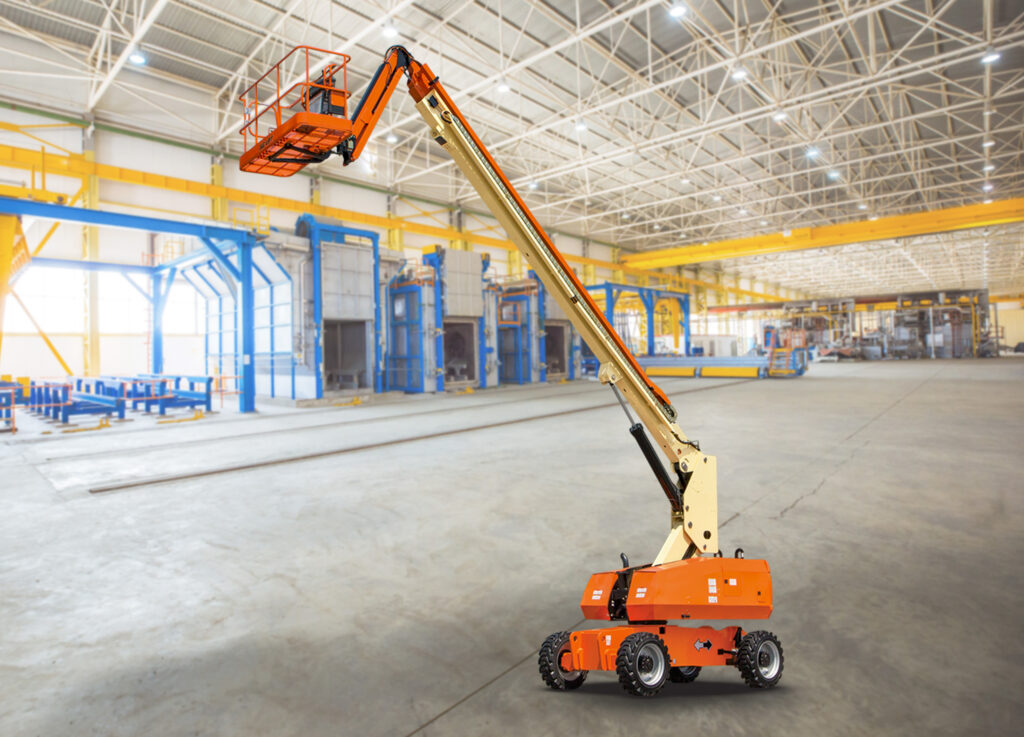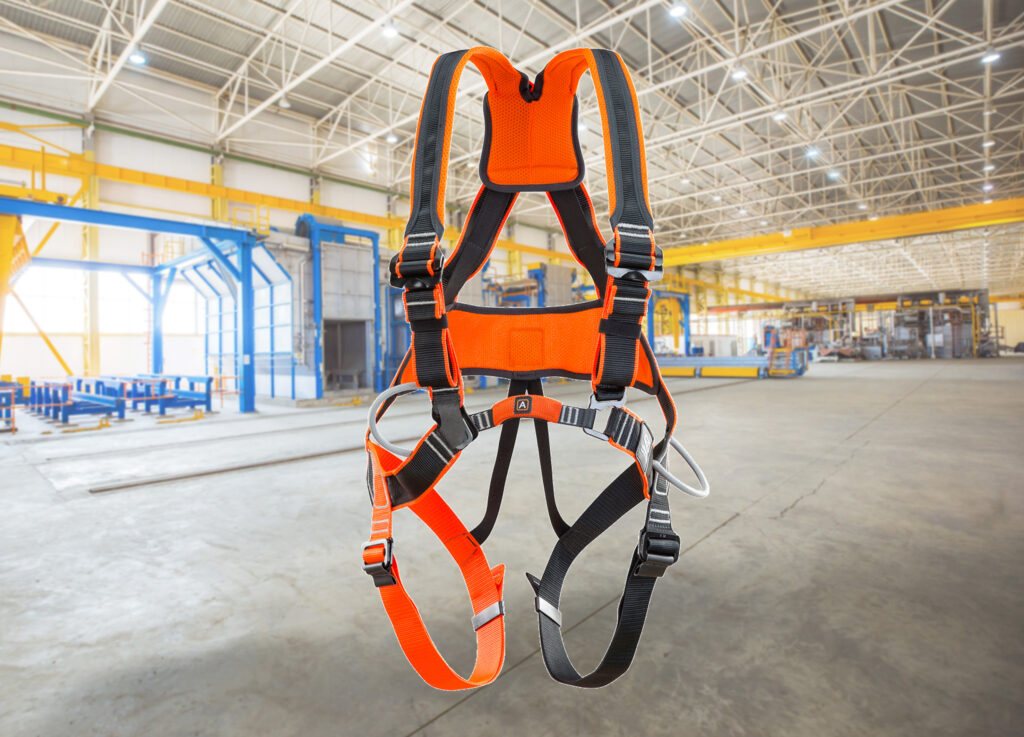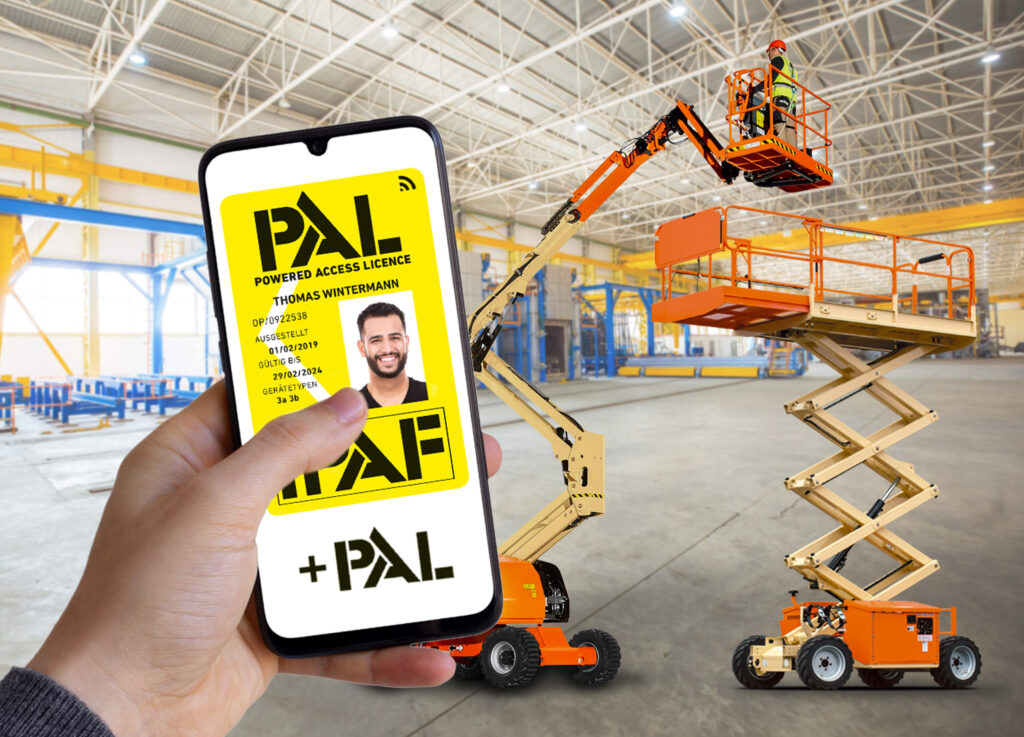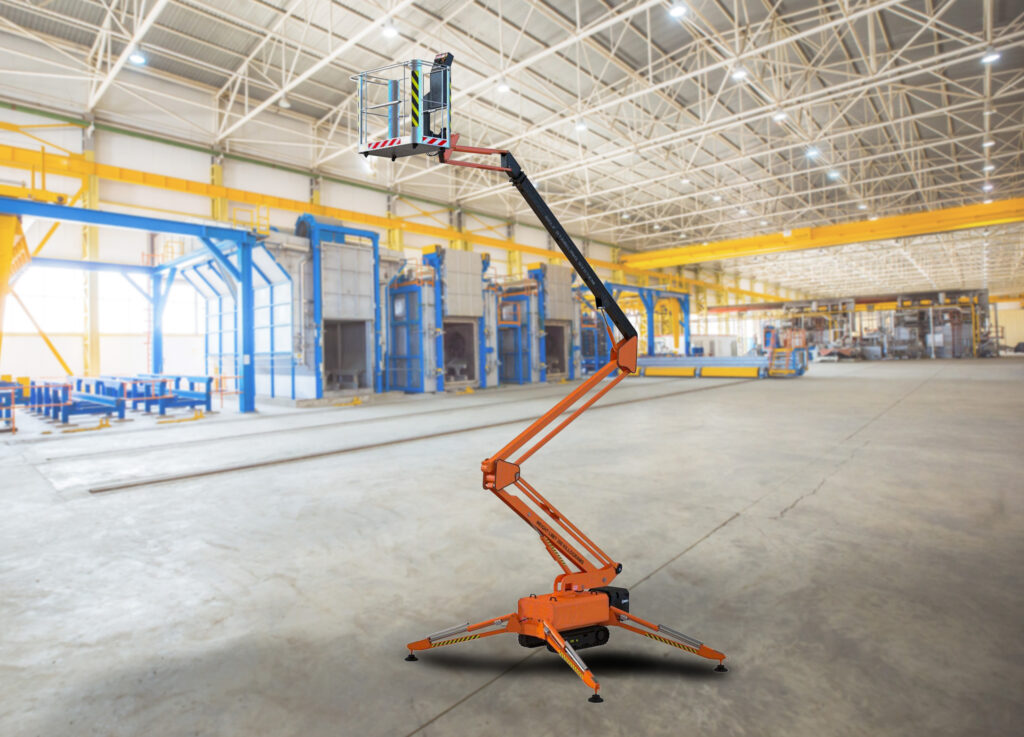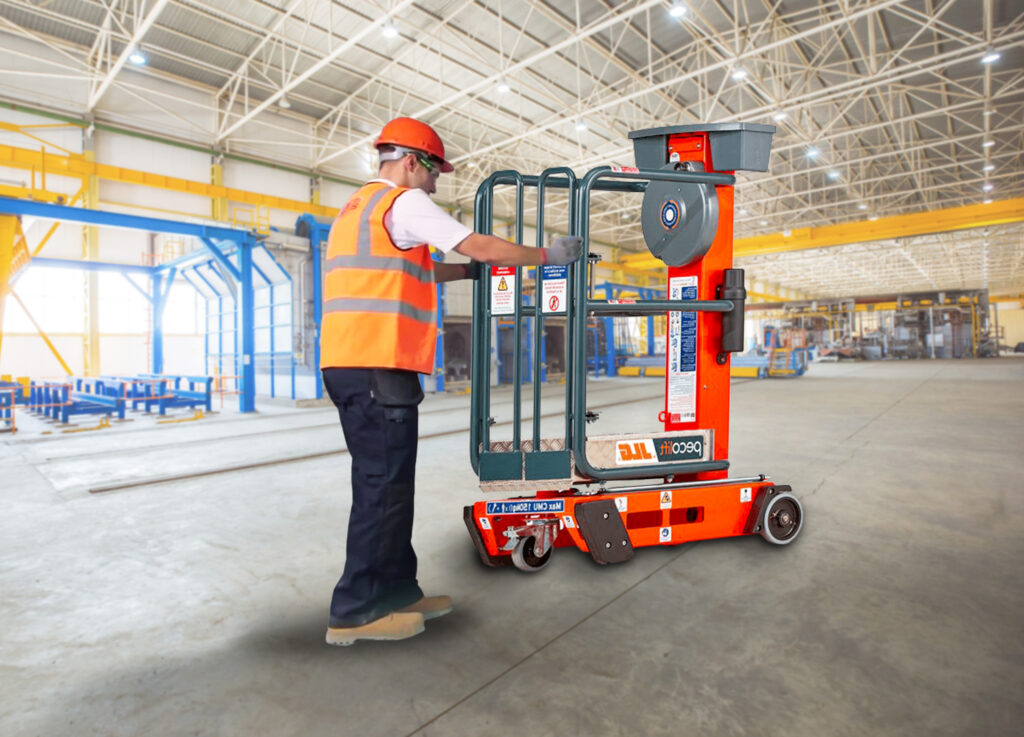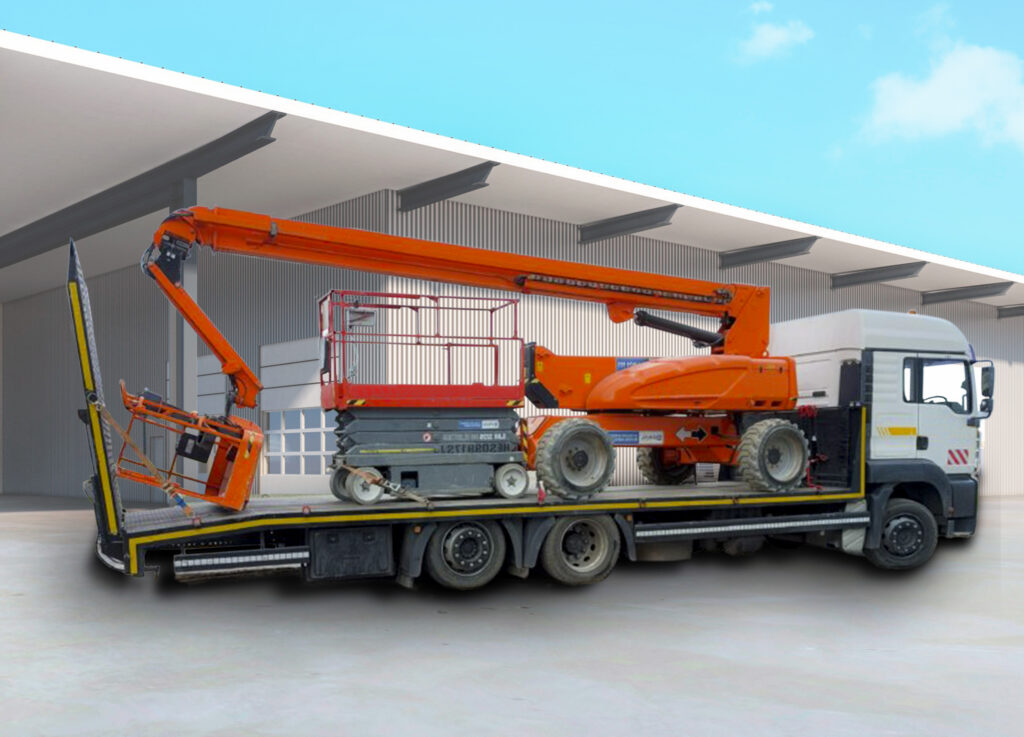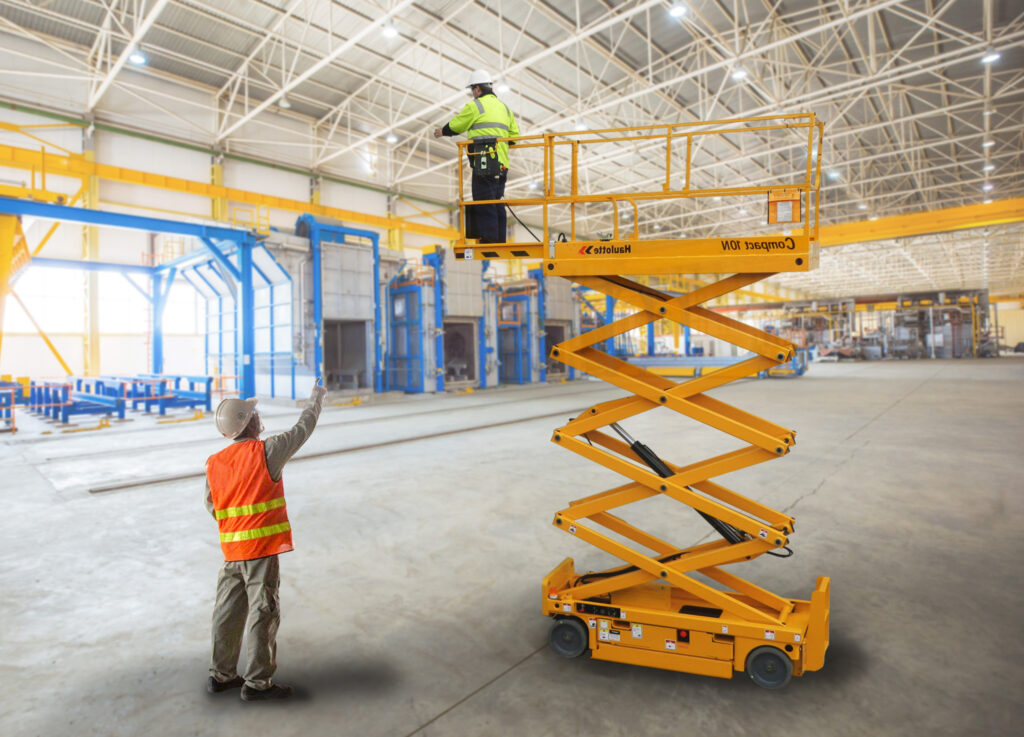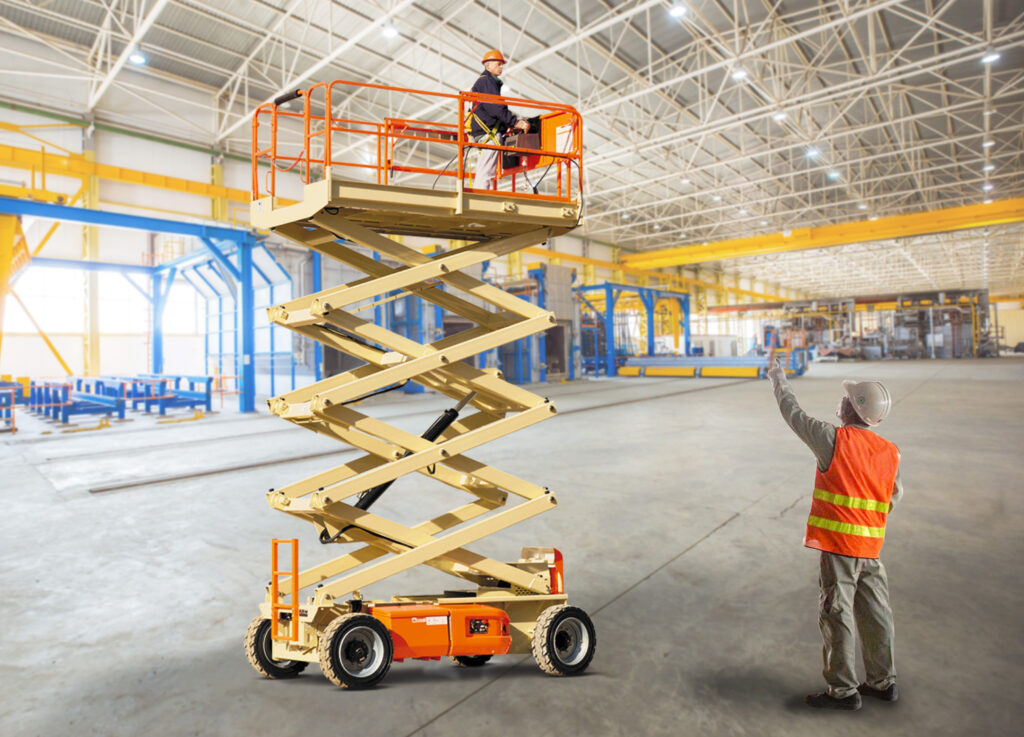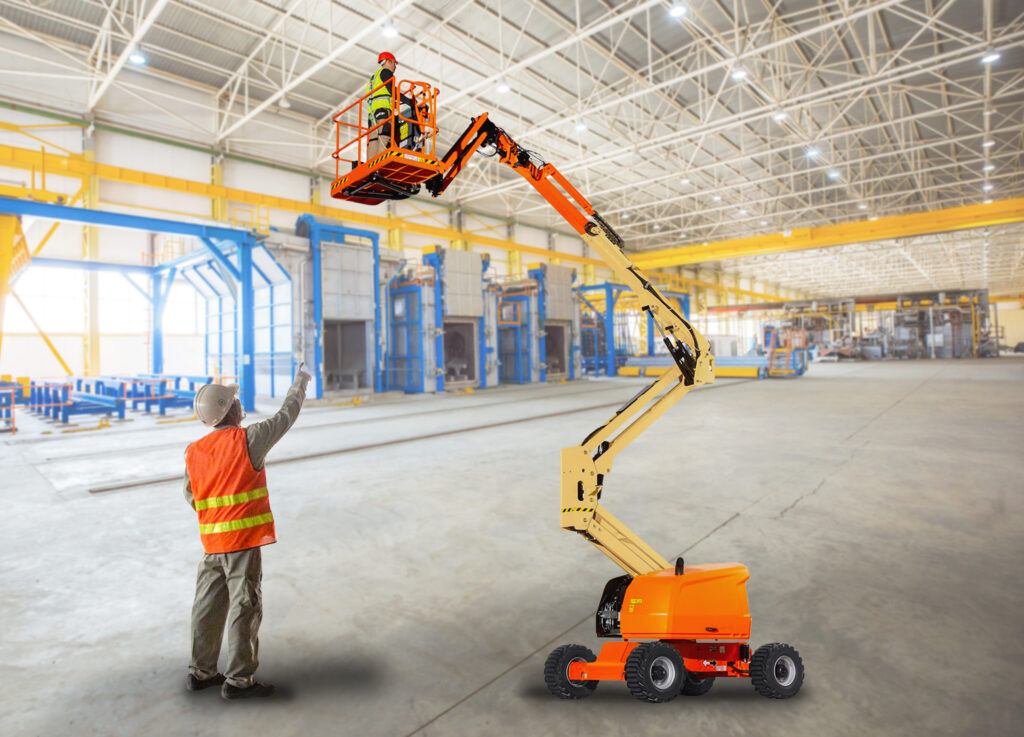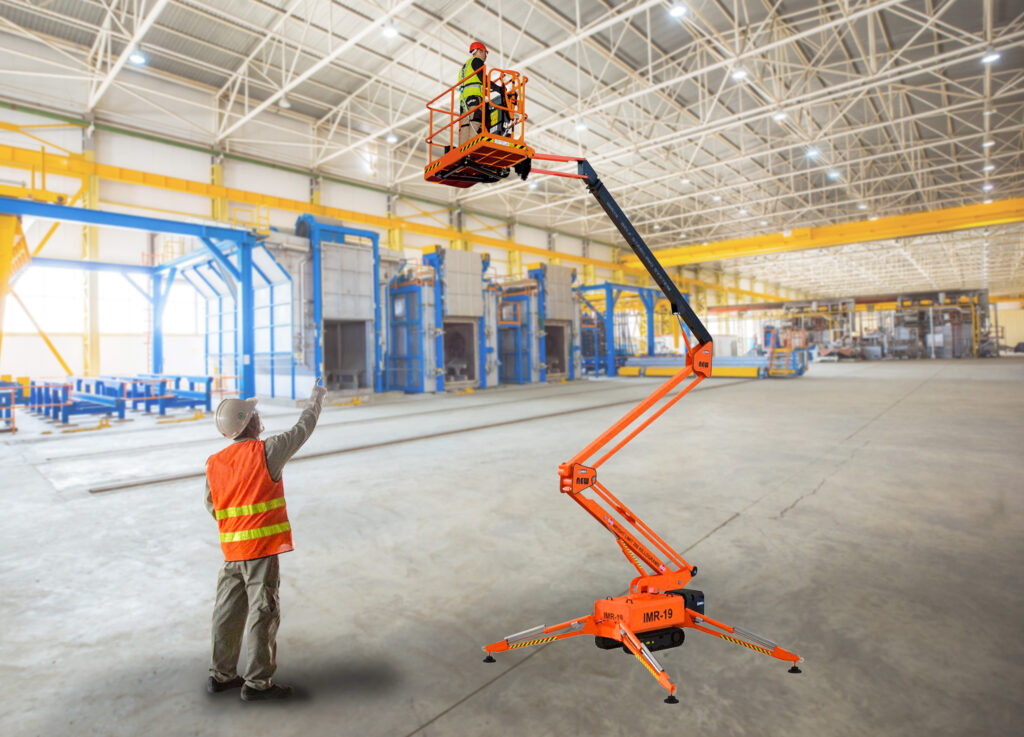Mobile Vertical – Scissor Lift (3A)
Welcome to our premier course on Ipaf Training – Mobile Vertical – Scissor Lift (3A). Our courses are crafted to provide you with the essential skills and understanding to use scissor lifts with safety and efficacy. With our experienced trainers and comprehensive curriculum, you’re in the right place to advance your career.
Who is this course for?
This course is tailored for individuals looking to gain or renew their IPAF 3A certification. Whether you’re starting out or already well-versed, our courses aim to enhance both your theoretical insight and hands-on expertise.
Why choose our IPAF TRAINING – MOBILE VERTICAL – SCISSOR LIFT (3A) course?
Several reasons make our course stand out. Firstly, our trainers are industry veterans with vast experience. They’re passionate about sharing their knowledge. Secondly, we use a blend of theoretical and hands-on training, ensuring you’re well-prepared for real-world scenarios. Lastly, our course has received positive feedback from past attendees, cementing our reputation in the industry.
What does the course cover?
Our IPAF 3A course delves into various aspects of scissor lift operation. Topics include safety protocols, equipment maintenance, risk assessment, and efficient operation techniques. Moreover, we cover the latest industry standards and regulations, ensuring you’re always up-to-date.
Duration, cost, certification
The course spans one day, balancing theory and practical sessions. Our rates are compelling, delivering outstanding worth for your investment. Upon successful completion, attendees receive the coveted IPAF 3A certification, a testament to their proficiency in scissor lift operations.
Join our course today
Seize this chance to elevate your abilities and further your career potential. Enrol in our Ipaf Training – Mobile Vertical – Scissor Lift (3A) course today and take a step towards a safer, more efficient future in aerial work platforms.
IPAF Training - Mobile Vertical - Scissor Lift (3A)
The Ipaf Training - Mobile Vertical - Scissor Lift (3A) equips operators with the essential expertise and competencies to operate mobile vertical personnel lifts, also known as vertical lifts or scissor lifts, safely. These lifts have a maximum platform height of 11 meters (36 feet). The course includes both theoretical and practical components of utilizing a 3a MEWP, covering subjects such as:
- Regulations and guidelines concerning health and safety in relation to MEWPs• Pre-use inspection and maintenance checks
- Safe operation of the ipaf mobile vertical 3a lift
- Procedures for emergency lowering.
- Application of personal protective equipment (PPE).
- Working near or with overhead obstacles and electrical hazards
- Setting up and shutting down the ipaf scissor lift
This training program caters to both novice and experienced operators and comprises classroom-based theory sessions and practical exercises. The duration of the course is typically one day, although it may vary based on the number of trainees and their prior experience. We also offer combined courses like ipaf 1a 1b 3a 3b Upon successful completion of the course, trainees will be awarded an IPAF PAL card that is valid for five years and is internationally recognized. The PAL card attests that the holder has received training and demonstrated the necessary skills and knowledge to operate a 3a scissor lift securely.
Course Objectives
The main objectives of the ipaf 3a training course are:
- To provide participants with an understanding of the relevant health and safety regulations and guidelines related to the use of mobile vertical personnel platforms (MVPPs).
- The course aims to instruct participants on conducting pre-use inspections on MVPPs to ensure their safety and suitability for the intended purpose.
- To teach participants how to operate MVPPs safely and efficiently, including the safe positioning, maneuvering, and use of the equipment.
- To help participants recognize and avoid common hazards associated with working at height using MVPPs, such as electrical hazards, overloading, and instability.
- To ensure that participants are aware of the importance of maintaining the stability of the MVPP while it is in use, and how to avoid tipping or overbalancing.
- The course aims to equip participants with the necessary knowledge and skills to respond appropriately to emergency situations that may occur while utilizing MVPPs.
- To test participants' theoretical and practical knowledge of the safe use of MVPPs, and assess their ability to operate the equipment safely and competently.
Overall, the main objective of the ipaf scissor lift course is to ensure that participants are able to operate MVPPs safely and efficiently, with a thorough understanding of the hazards and risks associated with working at height.
Who Should Attend?
The ipaf scissor lift training course is designed for anyone who is required to operate mobile vertical personnel platforms (MVPPs) such as scissor lifts and vertical lifts as part of their job duties. This includes:
- Operators of MVPPs: This includes individuals who are responsible for operating MVPPs as part of their job duties, such as construction workers, maintenance personnel, and warehouse operatives.
- Supervisors and managers: This includes individuals who are responsible for overseeing the safe use of MVPPs on worksites, such as site managers, foremen, and safety supervisors.
- Health and safety professionals: This includes individuals who are responsible for managing and implementing health and safety policies and procedures in the workplace, such as health and safety managers and officers.
It is important to note that the ipaf 3a training course is not suitable for individuals who have no previous experience operating MVPPs or working at height. Participants are expected to possess fundamental knowledge of the risks linked with working at heights and should be physically capable of safely operating MVPPs. Employers should assess the competence of their workers before enrolling them in the course.
Requirements for candidates:
To enrol in the IPAF 3A training course, candidates must fulfil the following prerequisites:
- Age requirement: Candidates must be at least 16 years old. This is a legal requirement for operating MVPPs in most countries.
- Physical fitness: Candidates should be physically capable of operating MVPPs safely. This includes being able to climb in and out of the platform, operate the controls and maintain their balance while the platform is in motion.
- Language proficiency: Candidates must possess a fundamental grasp of the language in which the course is conducted. This is important to ensure that they can understand the theoretical and practical aspects of the training.
- Previous Experience: While previous experience operating MVPPs is not a requirement, candidates should have a basic understanding of the hazards associated with working at height and be familiar with the general principles of safe working practices.
- Personal protective equipment (PPE): Candidates should bring appropriate PPE with them to the course, including a hard hat, safety boots, and a high-visibility vest or jacket.
- Identification verification: Candidates must present a valid identification document, such as a passport or driver's license, during the course to verify their identity.
It is the responsibility of the employer or candidate to ensure that they meet the above requirements before attending the 3a ipaf training course.
Duration of IPAF TRAINING - MOBILE VERTICAL - SCISSOR LIFT (3A)
1 day.
What to expect from IPAF TRAINING - MOBILE VERTICAL - SCISSOR LIFT (3A)
The IPAF 3A training course typically includes both theoretical and practical components and covers a range of topics related to the safe use of mobile vertical personnel platforms (MVPPs). The following is what candidates can anticipate during the course:
Introduction:
The course will begin with an introduction to the course content and objectives, as well as an overview of the regulatory requirements and guidelines for working at height.
- Theoretical training: Candidates will receive theoretical training on topics such as the different types of MVPPs, their components and functions, and relevant safety regulations and guidelines.
- Pre-use checks: Candidates will learn how to conduct pre-use checks on MVPPs to ensure that they are safe and fit for purpose.
- Safe operation: Candidates will learn how to operate MVPPs safely and efficiently, including the safe positioning, maneuvering, and use of the equipment.
- Hazards and risks: Candidates will learn how to recognize and avoid common hazards associated with working at height using MVPPs, such as electrical hazards, overloading, and instability.
- Stability and balancing: Candidates will learn about the importance of maintaining the stability of the MVPP while it is in use, and how to avoid tipping or overbalancing.
- Emergency protocols: Participants will be instructed on how to respond correctly to emergency situations that may occur while operating MVPPs.
- Practical training: Candidates will receive practical training on the safe operation of MVPPs, including maneuvering, positioning, and use of the equipment. A qualified instructor will oversee and supervise this training.
- Assessment: Candidates will be assessed on both their theoretical and practical knowledge of the safe use of MVPPs and their ability to operate the equipment safely and competently.
Upon successful completion of the course, candidates will receive an IPAF PAL (Powered Access License) card, which is recognized globally as evidence of their ability to safely operate MVPPs.
IPAF TRAINING - MOBILE VERTICAL - SCISSOR LIFT (3A) - eLearning
eLearning is a popular training option that enables individuals to complete their training courses online, at their own pace and convenience. IPAF also offers an eLearning course for the IPAF 3A training course, which enables candidates to complete the theoretical component of the training online before attending the practical training session in person.
The IPAF 3A eLearning course covers the same topics as the classroom-based course and includes interactive modules, animations, and videos to help candidates understand the theoretical aspects of the training. The course typically takes between 3-5 hours to complete, and candidates can access the course material from any internet-connected device, including laptops, tablets, and smartphones.
After completing the eLearning course, candidates need to attend a practical training session with an IPAF-approved instructor to complete their training. During the practical training session, candidates receive hands-on training on the safe use of MVPPs and undergo assessment on their ability to operate the equipment safely and competently.
The eLearning option can be a convenient option for individuals who have limited time or find it difficult to attend classroom-based training sessions. However, it is important to note that the practical training component is an essential part of the training, and cannot be completed online.
Certification
After successfully completing the IPAF course, candidates will receive an IPAF Certificate and a Powered Access Licence (PAL), which will be valid for five years. The PAL card is compatible with the ePAL app, a digital wallet specifically created for storing and exchanging IPAF-powered access licenses and credentials. The app allows operators to easily record their operating experience on powered access machines and access the latest safety information and best practices based on their linked licenses. Additional categories, including Competent Assessed Persons (CAP), MEWPs for Managers, and Site Assessment for MEWP Selection, are also available for inclusion.
The ePAL app offers many benefits, making it highly convenient for both operators and their employers. The app allows for easy sharing of licenses, qualifications, and practical experience from the operator's phone, providing peace of mind in terms of safety and security. Digital PAL Cards are fraud-resistant and incorporate the extra security features of a mobile phone's login measures, making them challenging to counterfeit.
If an individual has already accomplished an IPAF Operator Course and holds additional operator categories or the IPAF Harness User and Inspection category (H), they can directly contact the training department to explore the possibility of consolidating these categories. Overall, IPAF certification is a valuable credential that can enhance an operator's career prospects and help ensure the safe and competent operation of mobile elevating work platforms (MEWPs).
Health, Literacy, and Language
Health, literacy, and language are important factors to consider in relation to IPAF training courses. In terms of health, it is essential that candidates are physically and mentally capable of operating mobile elevating work platforms (MEWPs) safely. IPAF training providers may require candidates to undergo a health check or declare. Any medical conditions that could affect their ability to operate MEWPs safely. It is also important for candidates to understand the risks associated with operating MEWPs and take appropriate safety measures to prevent accidents and injuries.
Literacy and language can also impact the effectiveness of IPAF training courses. Candidates must be able to read, write, and understand safety instructions and other course materials. Language barriers may pose difficulties for non-native speakers to comprehend the course material and safety instructions. IPAF training providers may offer courses in multiple languages or provide translators to assist candidates with language barriers.
Overall, it is important for candidates to be aware of their health status and the risks associated with operating MEWPs, as well as being able to understand and follow safety instructions and course materials. IPAF training providers should take steps to ensure that candidates with literacy or language barriers are provided with appropriate support to complete the course and operate MEWPs safely.


